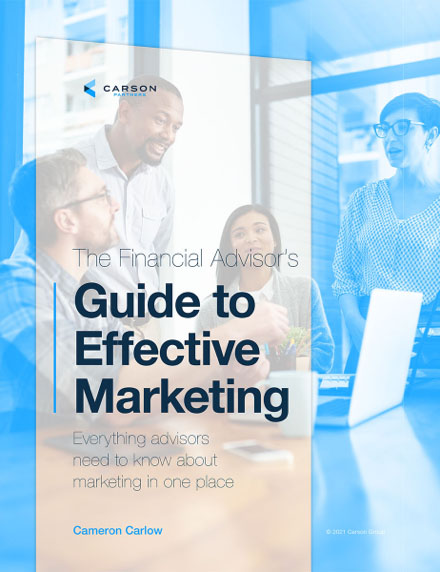At a wedding I attended recently, one friend I expected to see was conspicuously absent. When I asked why he hadn’t come, his family told me he was embarrassed to show his face around them. He had moved all of his money from a brokerage account into an oil stock that was generating an 8% yield. Then the stock fell off a cliff. His million-dollar portfolio went to zero in seven or eight months.
It’s easy to see how do-it-yourself investors can make disastrous mistakes like this, but financial advisors often do too. With the Dow Jones Industrial Average up nearly 9% since Trump was elected, it’s easy to chase yields.
In a market that is fully valued and the third most expensive ever, there are potential liabilities and land mines everywhere.
In a market that is fully valued and the third most expensive ever, there are potential liabilities and land mines everywhere. Clients’ expectations for performance and yields can get very unrealistic. Many investors don’t want to put their money in lower-risk investments, many of which are now bringing zero-percent returns.
Nonetheless, as advisors, we need to understand how to guide our clients both now and in the future, so if the market declines, they are not positioned with more risk than they are comfortable with. Otherwise, if there is a correction, we will have a lot of upset clients.
Gone are the days when a financial advisor can charge clients a fee while guessing at what the market will do and providing little or no value. We’re in a meritocracy where technology makes it very easy for clients to keep track of how well we are guiding them. We need to demonstrate value to our clients beyond a doubt—regardless of what the market does—if we don’t want them to leave us.
As advisors, we also need to make sure our business model is very fluid and flexible. If the market suffers an unexpected blow, we will need to react quickly.
That requires the right partner. Not all broker-dealers are equally prepared for the unexpected. Every advisor should know if their broker-dealer can withstand a direct hit when unforeseen events arise—and if not, find a broker-dealer that can. If disaster strikes, advisors who want to survive will need to be fast followers.
If disaster strikes, advisors who want to survive will need to be fast followers.
Corrections tend to arrive when we don’t expect them. Remember the panic about Y2K and how it might cause a stock market crash? The fears were for naught. What did nail us was the fact that three to five years of corporate purchasing to prepare for Y2K were condensed into a short period of time—after which infrastructure and tech spending plummeted. The slowdown in spending contributed to the dot-com meltdown. We were run over by a bus that wasn’t even on our radar.
Unfunded pension liabilities could end up being the next big threat to our industry if we’re not prepared. Federal employee pension systems have $3.5 trillion in unfunded liabilities. State governments were expected to face a $1 trillion funding gap for their pension programs in fiscal 2015.
The funding gap gets wider every year, and few fund managers are addressing it. Many pension funds still assume they will get a 7% return on fixed income securities, such as bond investments—though they can’t get anywhere close to that. The search for better returns is driving many funds into riskier investments. That is pushing every asset class up to insane valuations. It’s a ticking time bomb that will explode if there is a correction.
Many retail investors don’t consider possibilities like pension-fund catastrophe, just as my friend failed to anticipate that his oil stock would someday collapse. But as financial advisors, it is on us to be ready for unpredictable events. That is the only way to turn them into opportunities to serve our clients—and ensure our practices continue to survive and thrive.
For advisor use only. Not intended for client distribution.


